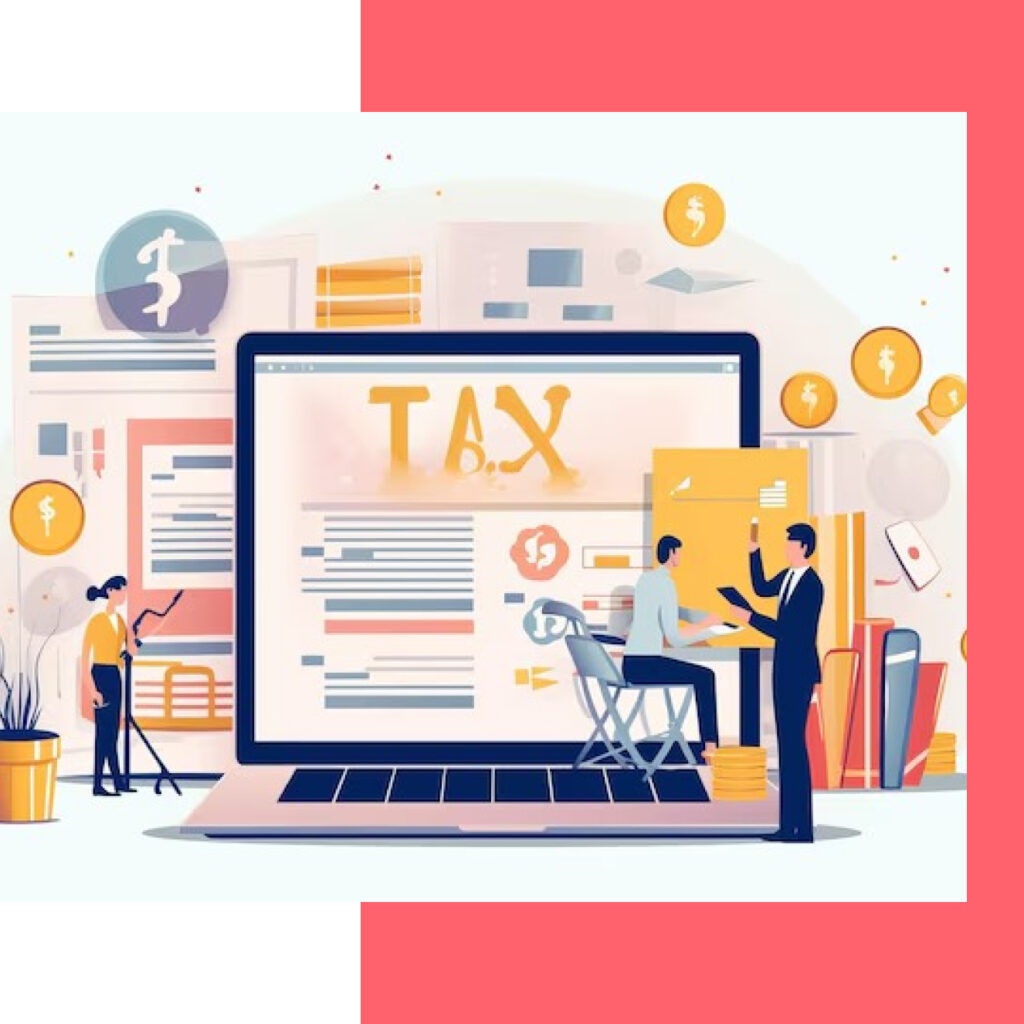GST (GOODS AND SERVICES TAX)
At Silvereye Certifications, we know that navigating the GST registration process can be challenging, especially if you’re unfamiliar with the requirements. That’s where our experienced team comes in to simplify the entire process for you. From collecting the necessary documents to completing the certification, we handle everything, ensuring a stress-free experience at every step.
We’re committed to delivering timely, reliable services—no delays, no hidden fees—just clear, professional guidance to help you achieve compliance efficiently and quickly. Let us take the stress out of the process so you can focus on what matters most: “Growing your Business”.

Who Needs To Register For Gst (Goods And Services Tax)
In today’s business, compliance with the tax regulation is the most important factor. And one of the key tax regulations for business in India is GST (Goods and Services Tax). And here is a comprehensive guide for you to know about GST (Goods and Services Tax).
GST (Goods and Services Tax) is a single indirect tax which is imposed on the supply of the goods and services in India. When it was introduced, it replaced several indirect taxes thar were imposed by the state and central government. GST (Goods and Services Tax) was introduced by the government to streamline the tax structure and make it easier for the business to comply with the tax regulation without any problems. Under the GST (Goods and Services Tax) both the state as well as the central government share the authority to impose and collect the taxes on various goods and services.
Who Needs To Register For Gst (Goods And Services Tax)
GST (Goods and Services Tax) registration for various entities as per the guidelines and some of them are as follows.
Businesses with an annual turnover exceeding Rs. 20 lakhs and Rs 10 lakhs for some of the specific category states.
Any individual who is doing an inter-state supply of the goods and services
Any casual taxable person (a person who undertakes business in a taxable territory but do not have a fix place for business)
Agents of the supplier, these are those who are authorized to work on the behalf of other companies to manage all their business transactions.
All those who are working under the reverse charge mechanism must pay GST (Goods and Services Tax) as per the government instruction
All the E-Commerce operators and the input services distributor must pay GST (Goods and Services Tax).
Those who do the supply of the goods and services through the E-Commerce platform must pay GST (Goods and Services Tax) as per the government guidelines
Benefits Of Gst (Good Services Tax)
There are several benefits of the GST (Goods and Services Tax) and some of the benefits are as follows
Legally Recogonized
All the business that are legally registered under the GST (Goods and Services Tax) are considered or are recognized as the legal supplier of Goods and services in the Indian market
Input Tax Credit
One can avail input tax credit on the purchase they made and they can use that to pay GST (Goods and Services Tax) on sales.
Ease Of Compliance
GST (Goods and Services Tax) registration brings a simplified and standardized tax structure across the India.
Competiitve Advantage
GST (Goods and Services Tax) enhances your business credibility and gives you a competitive advantage over unregistered businesses. The companies that are registered provide more benefits to the company.
Documents Required For Gst (Goods And Services Tax) Registration
For a smooth GST (Goods and Services Tax) registration process to be undertook some of the important documents are required for the company GST (Goods and Services Tax) registration:
1. The first step is to go to the official GST (Goods and Services Tax) and generate the TRN (Temporary Reference Number) to generate that * Click on ‘Services’ > ‘Registration’ > ‘New Registration’ and fill in the details to generate a TRN (Temporary Reference Number). *
2. Secondly using the TRN (Temporary Reference Number) login in to the GST (Goods and Services Tax) and complete Part-B of the application with the business details, such as promoters detail, authorized signatory, principal place of the business, goods and services, etc.
3. The third step is to upload all the required documents in the specific formats as per the GST (Goods and Services Tax) portal.
4. After the successfully uploading the documents the promoter or the partner must verify the application using the digital signature, electronic verification code, or an e-sign.
5. after the successful verification of the documents submitted for the GST (Goods and Services Tax) registration, an ARN (Application Reference Number) is generated. In case, the promoter or the partners must track its application they can use this ARN (Application Reference Number) to track its application.
6. After the application is processed and all the documents that are submitted are correct a unique 15-digit GSTIN (Goods and Services Tax Identification Number) is provided to the company.

